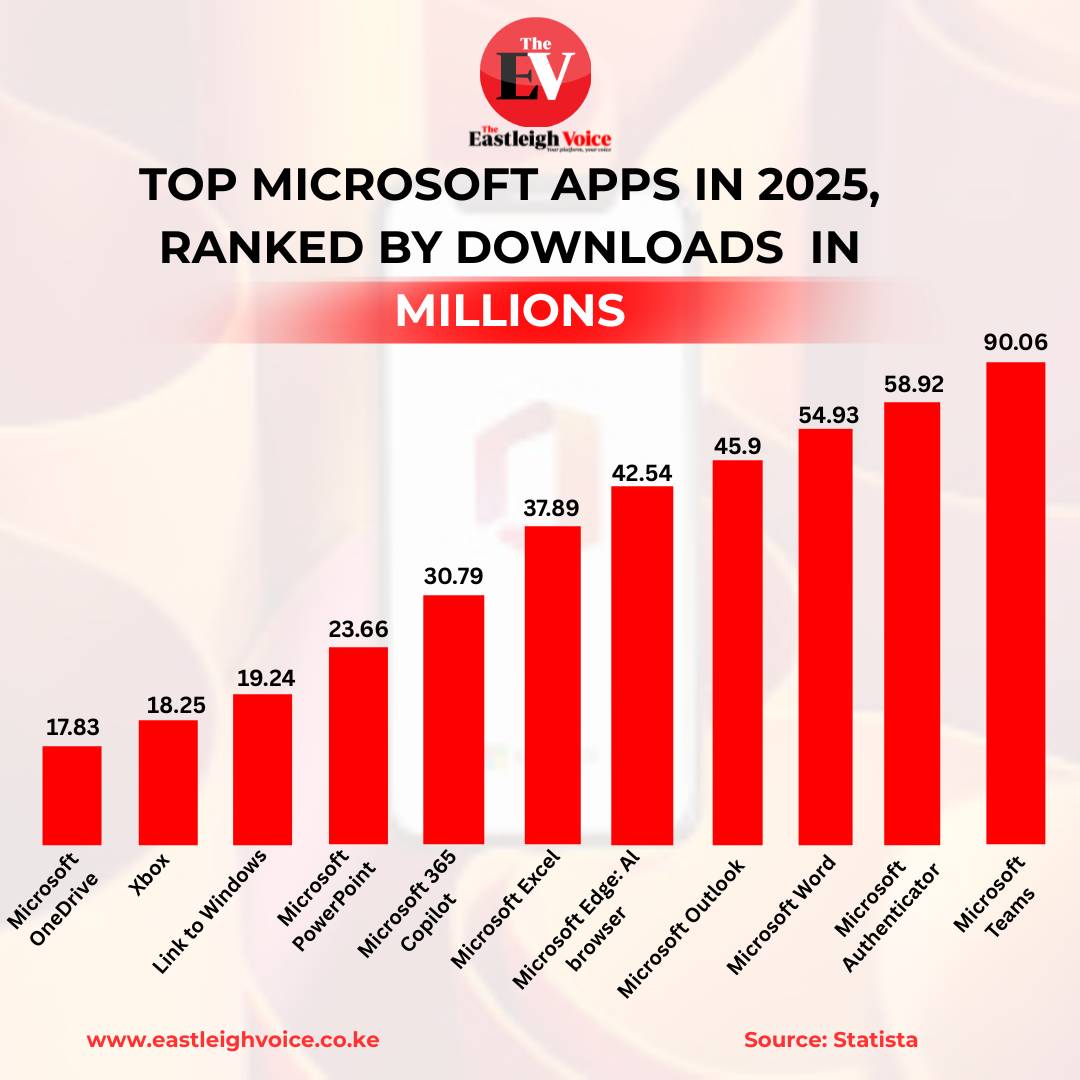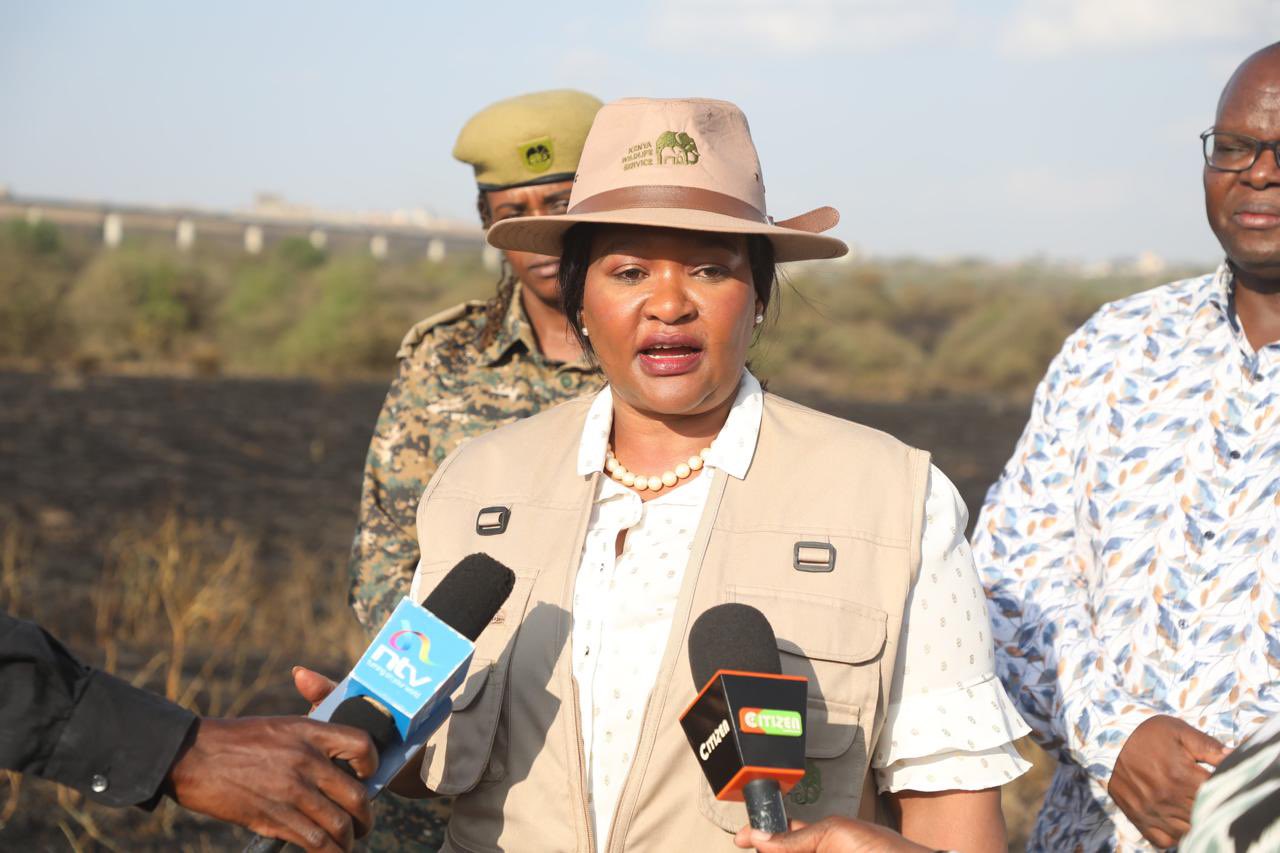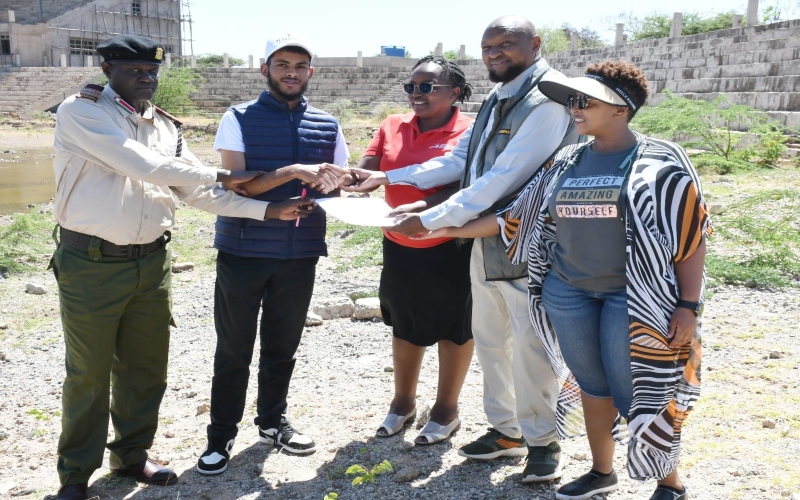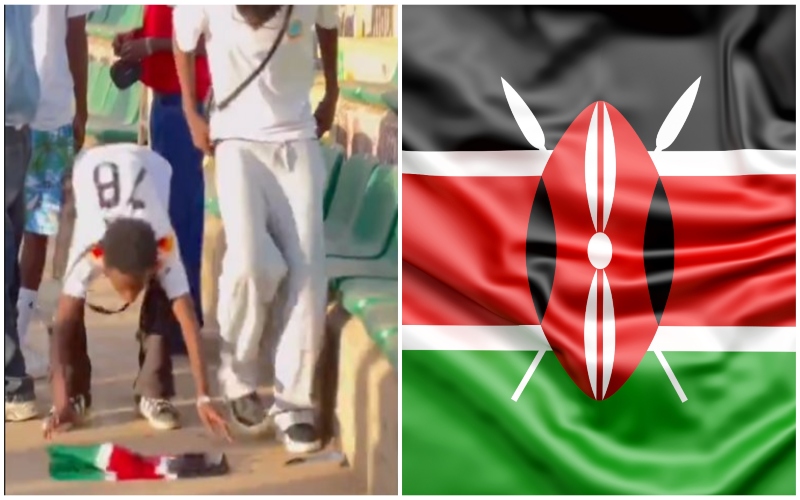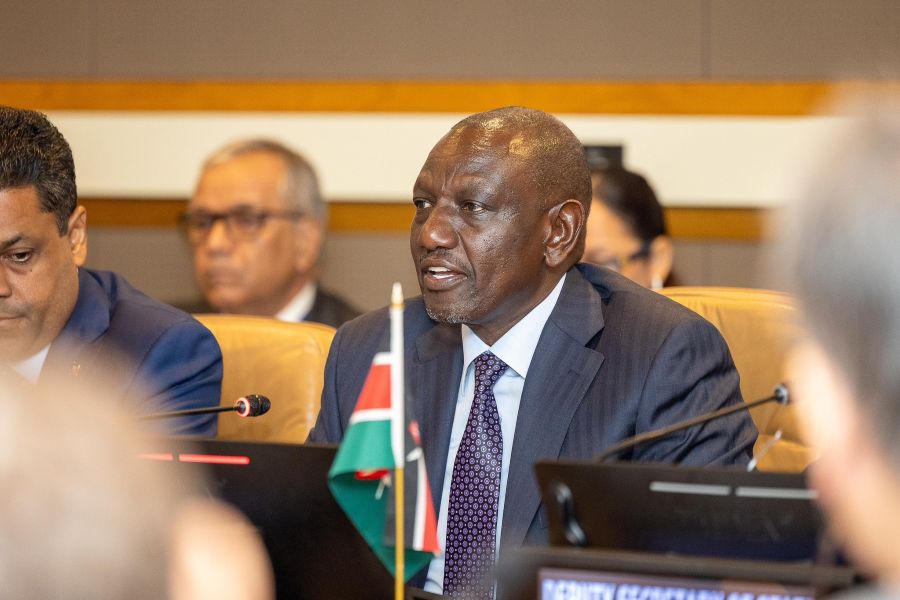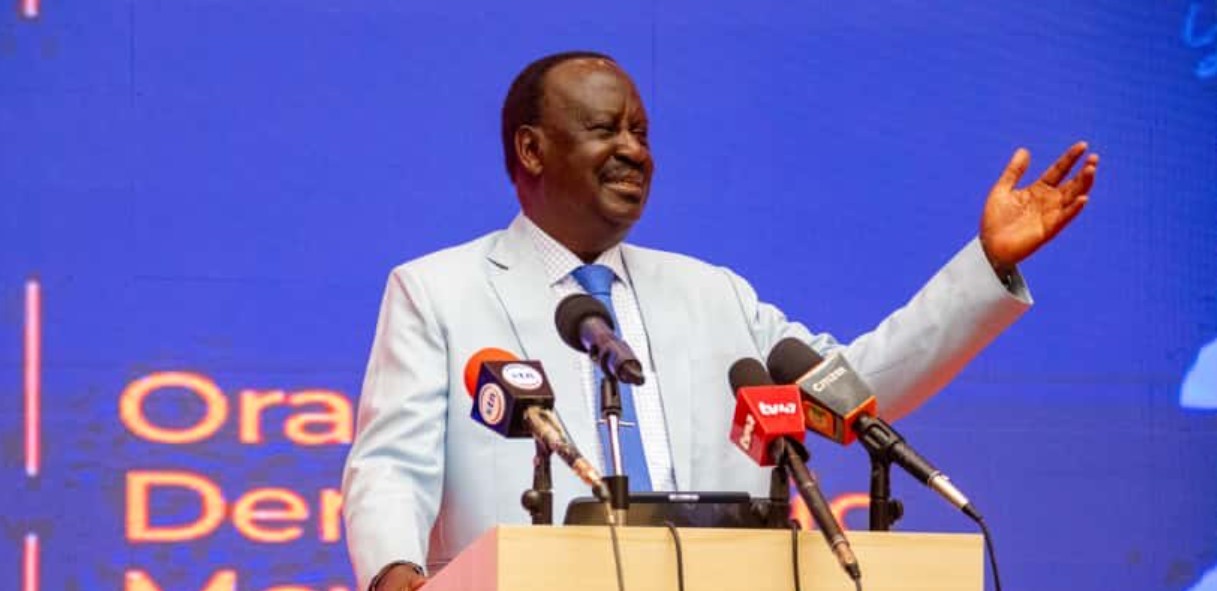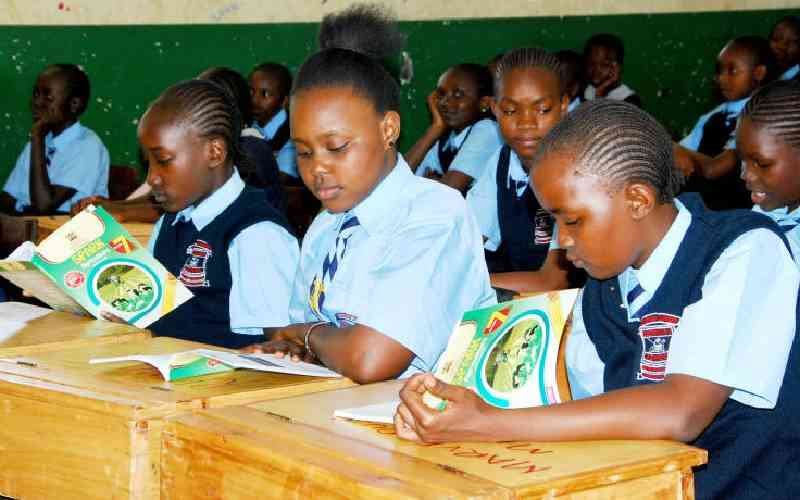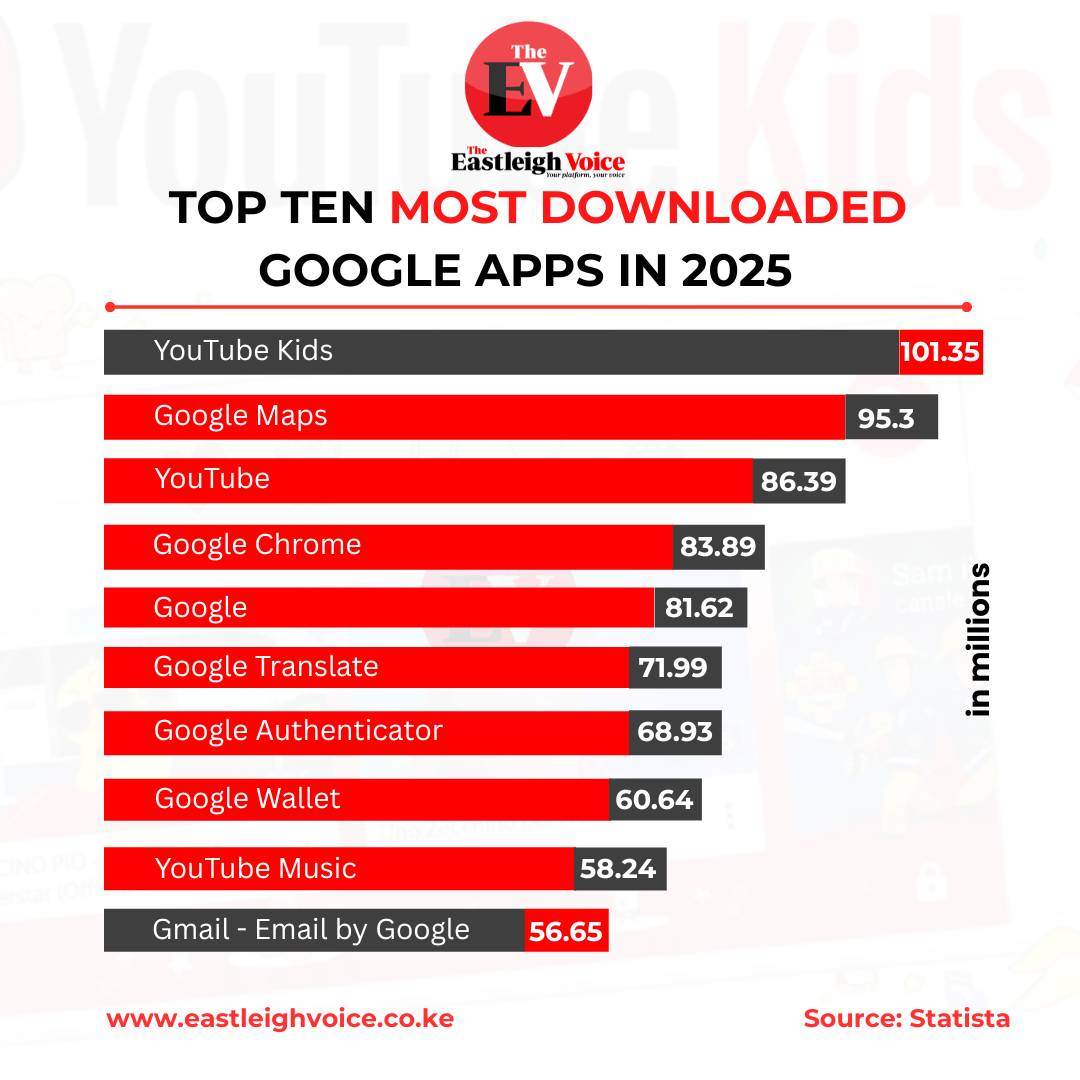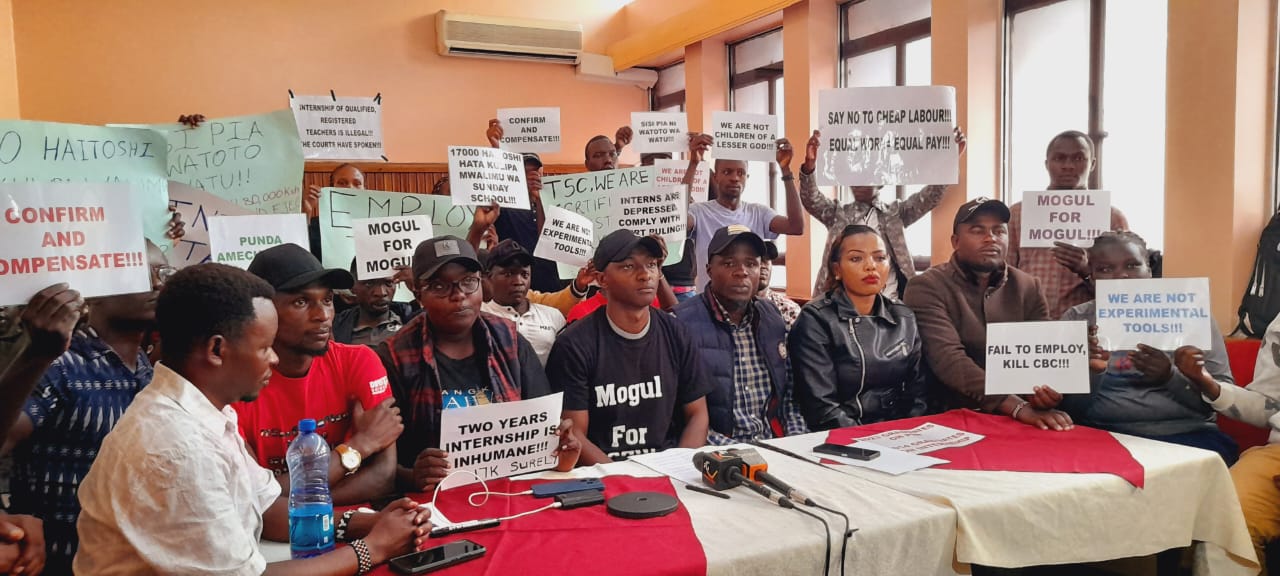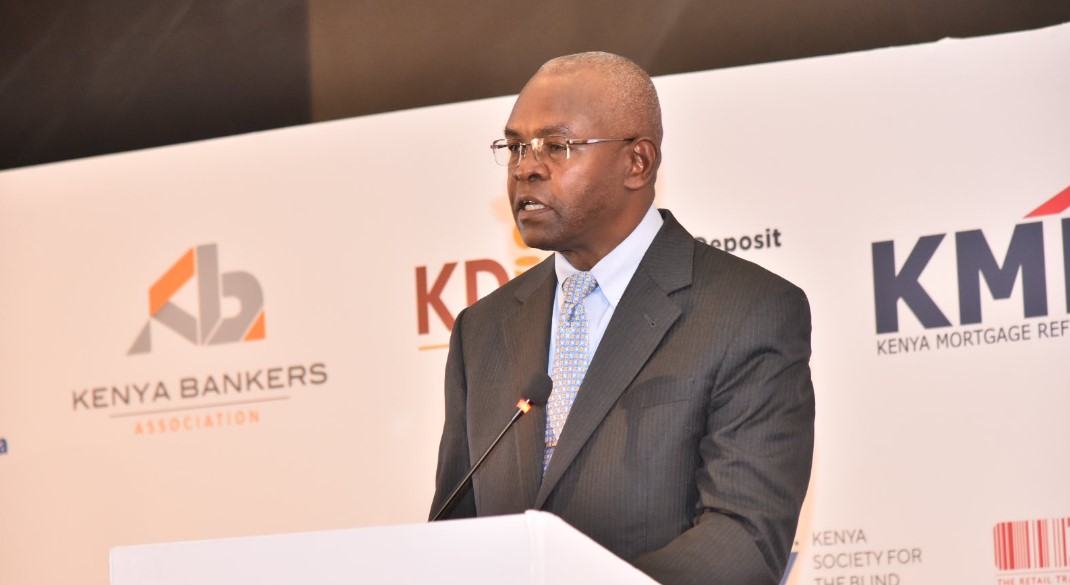Deaf Kenyans still locked out of education, healthcare despite sign language recognition- NGEC
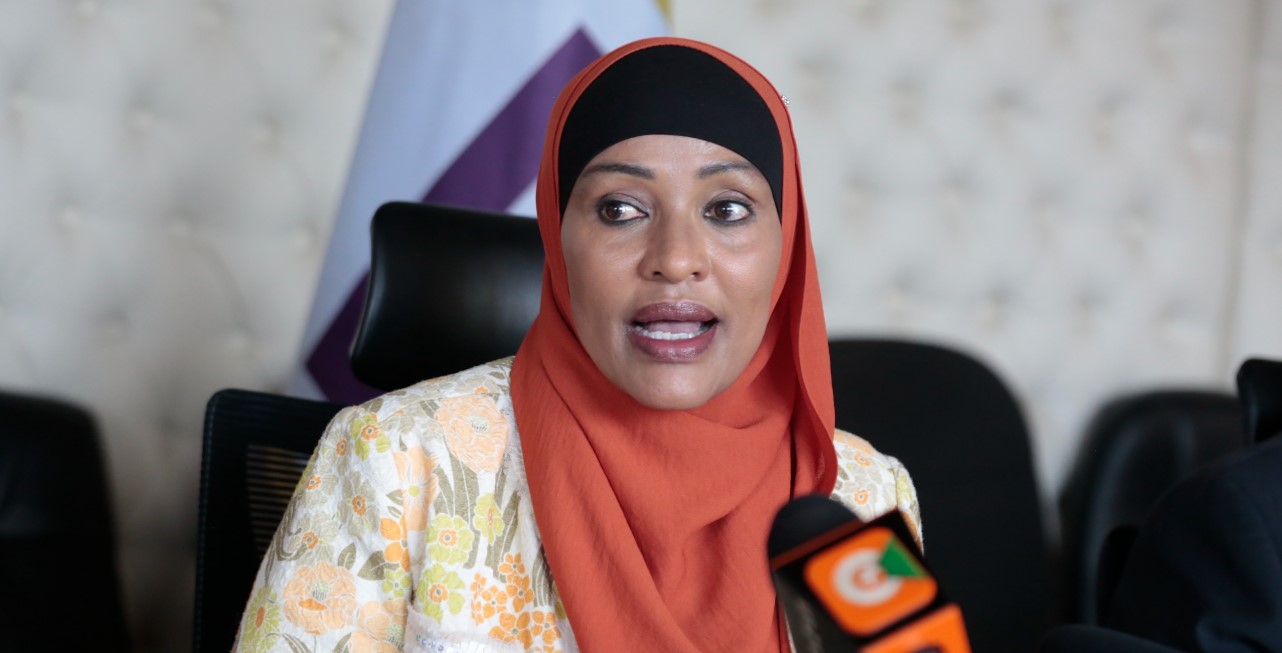
The Commission is urging government agencies, schools, employers, healthcare providers, and media outlets to integrate KSL interpretation into classrooms, workplaces, public services, and digital platforms.
The National Gender and Equality Commission (NGEC) has raised concerns that millions of deaf and hard-of-hearing Kenyans continue to face barriers to education, healthcare, and public services, despite the legal recognition of Kenyan Sign Language (KSL).
In a statement marking the International Day of Sign Languages, Rehema Jaldesa, Chairperson of NGEC, acknowledged that Kenya has made significant progress in recognising the rights of the Deaf community through milestones such as the 2010 Constitutional recognition of KSL, the Kenyan Sign Language Act of 2022, and the Persons with Disabilities Act of 2025, which explicitly recognises communication to include languages, text, Braille, tactile communication, signs, large print, accessible multimedia, and augmentative formats.
More To Read
- Education stakeholders reject calls to separate JSS from primary schools
- We created a support programme for schools in Nairobi’s informal settlements: What we learned
- NG-CDF denies role in controversial Mandera South school project
- Education sector sees sharp drop in ransom payments, but staff stress persists -Report
- Ruto reserves 20 per cent of affordable housing units for teachers
- Gender and Equality Commission launches study to improve girls' education in marginalised regions
However, she cautioned that these legal achievements have not yet translated into practical access.
She noted that the Deaf population represents 11.4 per cent of Kenya’s 1,346,110 persons with disabilities, highlighting the scale of the challenge.
“However, we must now move from legal recognition to tangible implementation. Justice is achieved when the Deaf community has access to public services, quality education, healthcare, and employment opportunities on an equal basis with others, through the seamless provision of sign language services,” Jaldesa said.
The Commission is urging government agencies, schools, employers, healthcare providers, and media outlets to integrate KSL interpretation into classrooms, workplaces, public services, and digital platforms.
NGEC also emphasised the importance of training more sign language interpreters and incorporating KSL into teacher education programmes to ensure that deaf individuals, particularly women and young people, can participate fully in social, economic, and political life.
Jaldesa highlighted that early access to sign language education is crucial for fostering inclusion and achieving Sustainable Development Goals, especially those related to inclusive education (SDG 4) and gender equality (SDG 5).
She stressed that sign languages are more than tools for communication — they are bridges that connect people, cultures, and communities, while amplifying the voices of those often sidelined.
The Commission further called for increased funding to support deaf-led initiatives and organisations, and for policies that protect and promote sign languages as official instruments of inclusion.
"Investing in sign language training for interpreters and including it in teacher education programmes will not only protect linguistic rights but also enable deaf individuals, particularly women and young people, to engage fully in economic, social, and political spheres. The Commission urges all stakeholders to prioritise policies that protect and promote sign languages as official tools for inclusion," said NGEC.
"Today, let us unite through meaningful actions, including advocating for accessible communication and policies that recognise sign languages as official languages in our nation. Sign language unites us, not just in understanding, but in building a Kenya where equality is a lived reality for every citizen, regardless of gender, disability, or background," it added.
Top Stories Today

